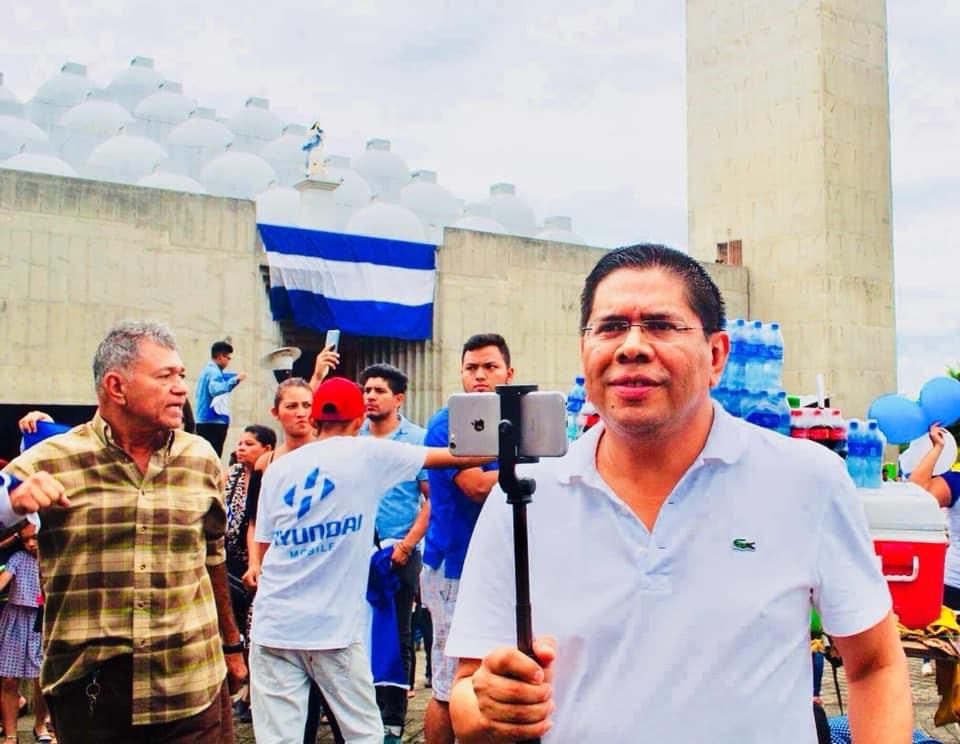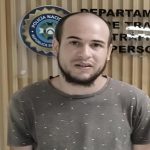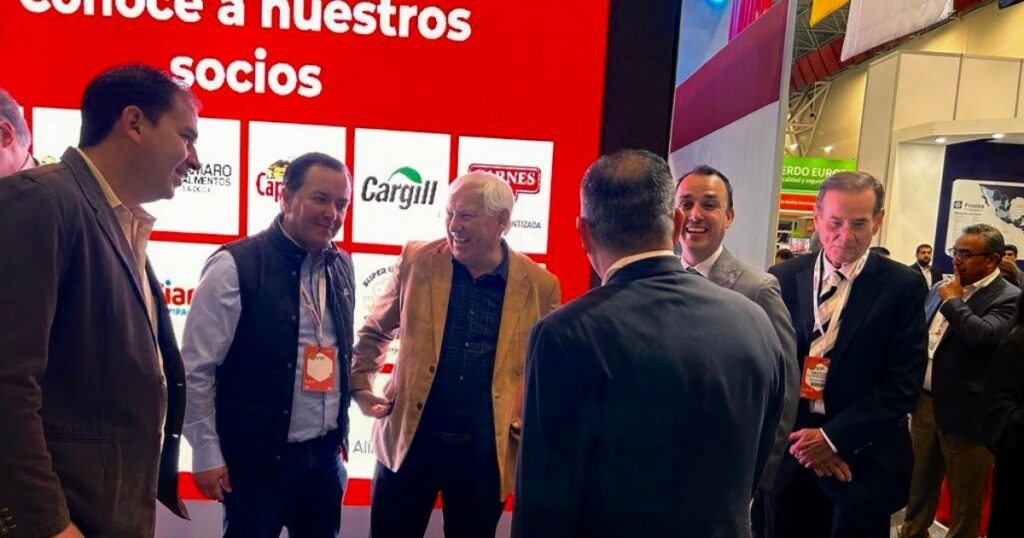The sports journalist Miguel Mendoza points out that in the interrogations carried out within the Directorate of Judicial Assistance (DAJ), known as “El Nuevo Chipote”, they were oriented to question the civic struggle of 2018 in search of alleging the alleged use of weapons by of citizens.
“The interrogator pointed out that only criminals were walking in the April marches, I replied that the people were the ones who took to the streets for so many crimes. He asked me: Did you walk around, did you see weapons? I replied that on two occasions », comments the political prisoner released from the Ortega-Murillo regime.
Related news: Miguel Mendoza does not regret having raised his voice for Nicaragua even though it cost him jail
«The first time was on the way to the east. From a red truck, which had a red and black flag in the tub, they shot at people, wounding several. The van was later photographed in the parking lot of the Centro Comercial police station. The second time I saw a weapon, it was in Metrocentro. A paramilitary opened fire and wounded five people. The people disarmed him and handed him over to the police, but then you put out a statement in which he was listed as an exemplary citizen. Only those two times did I see weapons in the protests, for which the interrogator replied that we would continue tomorrow,” adds Mendoza.
In addition, he assures that during the interrogations they questioned him about his bank accounts, they even tried to make him hesitate between córdobas and dollars in search of him stating that he was “financed.”
“The interrogator told me: Here we have your bank account, you kept large movements, you paid $1,500 to one person every Friday and $2,000 to another, there are other minor payments, how do you explain this? and I told him: easy answer, that account is in córdobas, 1,500 for gasoline and 2,000 for the supermarket.
Recently the political prisoner expressed in an interview with Article 66 that he never imagined that denouncing through his Twitter account the human rights violations committed by the Ortega regime against the population would be the “perfect” cause for the dictatorship to order his arrest.
The sports writer indicated that some police officers when they questioned him insisted that “if I was going to tell the truth about how they had treated me, and I answered them: of course, I am in prison for the truth, for telling the truth, then I will continue to tell the truth, you have not physically touched me but I have received psychological torture, the fact that they took away my freedom for 597 days, that they separated me from my little daughter and the rest of my family, that is very severe torture.”
Through repressive laws, the Ortega justice sentenced the opponent to prison. He was charged with the crimes of spreading false news and undermining national integrity.

















